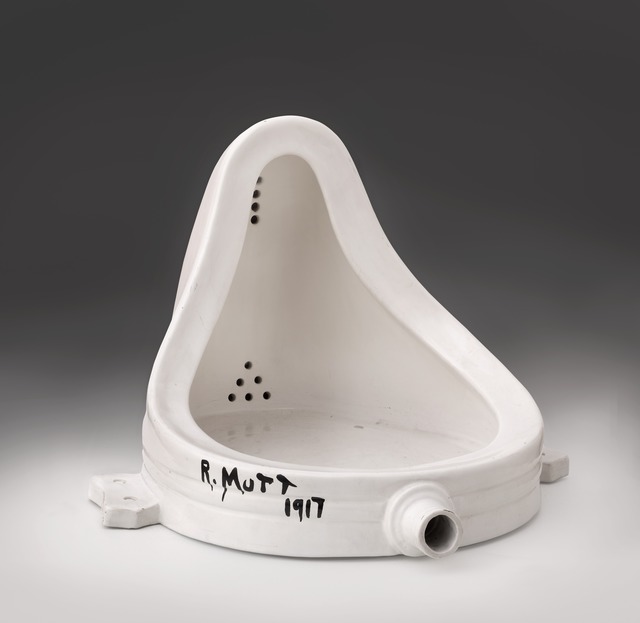PureX
Veteran Member
I appreciate the interest!Is the teacher's comment not a flippant way of your saying that a defining characteristic of art is intent (with which I agree). Otherwise, what is Duchamp's Fountain or Cage's 4'33" ?
(Hope this doesn't look like a barrage, I'm working my way through this newly discovered interesting thread)
I recognize the similarity of saying that art is whatever one says it is, and the fact that anything can made into a work of art. But I think the statement was meant to imply the message that art is defined by individual whim. And that's an idea I completely disagree with. As it trivializes the art endeavor to pointlessness.
Also, an 'artist' can intend to make art, and still fail to do so. So the art is not solely defined by the artist's intent. That intent must be sufficiently manifested in the result of the endeavor (the artwork). And not everyone is going to be able to recognize that it has been, if it has been, in every instance. So I do recognize that there is some degree of subjective evaluation going on, there. But as someone who has participated in MANY group art critiques, involving people with varying degrees of expertise, I can safely say that this determination is comfortably universal once the basic parameters of the endeavor are understood.

